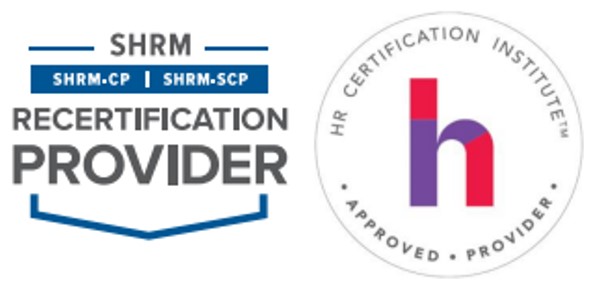Procedures for waiving J-1 visa holder’s two-year residency requirement
Statement of the problem
In many cases, J-1 visas are issued indicating that the visa holder is subject to Paragraph 212(e) – the two-year residency requirement. This requirement prevents the individual from obtaining permanent resident status or a dual intent nonimmigrant status (i.e. H or L), without first returning to his or her home county for a period of at least two years.
In some cases, the individual’s home government and/or the US Government has paid money for the individual to come to the US to receive training or education for the purpose of returning to their home country and applying their newly gained knowledge for at least two years. Unfortunately, some J-1 visas are erroneously issued indicating paragraph 212(e) applies when this may not be the case.
When a J-1 visa holder desires to change to another non-immigrant visa category – most often the H-1B, the Citizenship and Immigration Services (CIS, formerly known as the INS) checks to ensure that paragraph 212(e) does not apply. Although inconsistently applied across CIS offices, this means that H-1B applications from J-1 visa holders (subject to 212(e)) must be accompanied by a formal CIS waiver before the CIS will approve them.
When a formal waiver is required, Opinion Letters from the US Department of State, Letters of No Objection from the alien’s home country, or letters of No Objection from the US Department of State are insufficient to ensure that the CIS will approve a Change of Status to H-1B or any other visa classification.
Moreover, even if the CIS does approve a Change of Status to H-1B without the formal CIS waiver (which can and does happen from time to time) should the alien return to his or her home country expecting to obtain a visa stamp in his or her passport, it is highly likely that the consular officer will not issue the H-1B without the formal CIS waiver – thus stranding the alien in that country until the formalwaiver is approved.
Consular approval procedures are continually evolving, typically becoming more restrictive. Additionally, each consulate has its own procedures.
Conclusion
All individuals who are subject to paragraph 212(e) are prevented from obtaining permanent resident status or a dual intent nonimmigrant status (i.e. H or L) without first returning to his or her home county for a period of at least two years. The process to obtain a formal CIS waiver of paragraph 212(e) involves a number of governmental agencies and can take a significant amount of time to complete. Individuals, subject to paragraph 212(e) must plan ahead if they desire to change status to dual intent visa classification (i.e. H or L).
In order to obtain a paragraph 212(e) waiver, follow the steps laid out on the U.S. Department of State’s website. This website will provide you the most current and accurate information on how to apply for your J-1 visa waiver.
